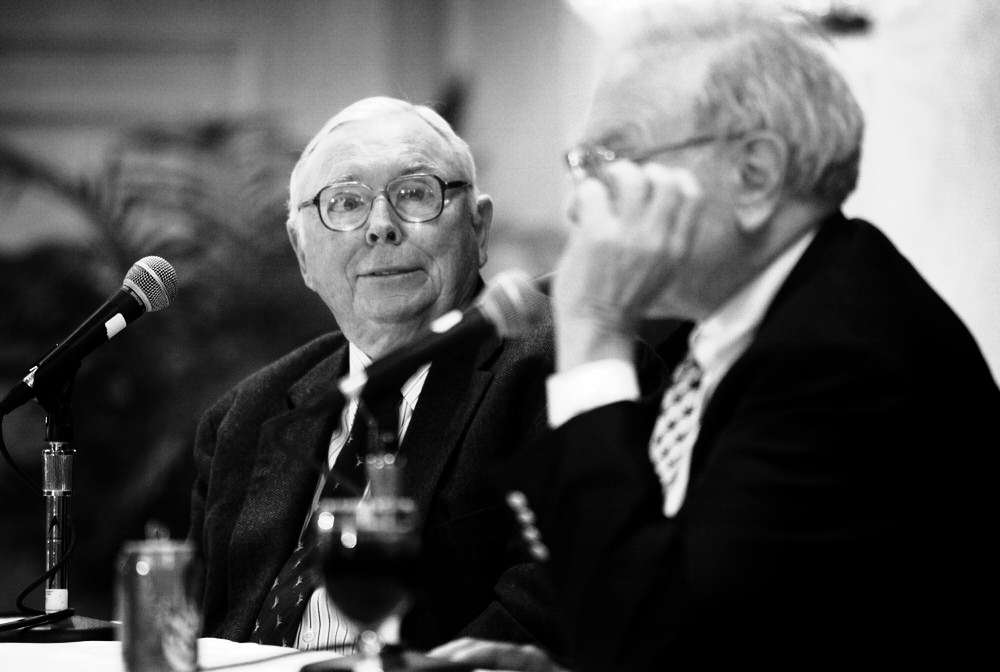by Adam Grimes
It’s easy to make money in the market. Anyone can place a winning trade; no expertise, experience, knowledge, or edge is possible. It’s not so easy to make money in the long run, or to make any kind of consistent money in the market. Knowing that you have something you can replicated, month after month, year after year, and bring in some type of consistent profits? That’s a lot harder, and to do that, we need a process.
 A process defines what you will do, how you will do it, when you will do it, how you will evaluate it, and how you will modify it. A good trading plan (something I discuss in my free trading course in considerable detail), includes all of these things, and, so, the plan can be considered a guide to your process. Once you have that good plan, discipline is “simply” a matter of following that plan.
A process defines what you will do, how you will do it, when you will do it, how you will evaluate it, and how you will modify it. A good trading plan (something I discuss in my free trading course in considerable detail), includes all of these things, and, so, the plan can be considered a guide to your process. Once you have that good plan, discipline is “simply” a matter of following that plan.
No matter where you are in your trading journey, working on some aspect of your process can lead to significant rewards. Beginning traders often fly by the seat of their pants with little plan and no process, but even experienced traders can smooth some rough edges and find things to refine in their process. It’s an ongoing journey. Let me share a few thoughts, and encourage you to work on your own trading or investment process:
Five questions
1. You have to have an edge. If you don’t have an edge in the market, nothing else you do really matters. Maybe you can lose money more slowly with good money management, maybe you can avoid blowing out in one disastrous trade with discipline, but you can’t make money if you don’t have an edge. So, before you go deeper, make sure you understand your edge. Your process serves the edge, but if you don’t have an edge, your process should be squarely aimed at developing that edge.
2. What and how will you trade? What markets will you trade? What size will you trade? What timeframe will you trade? How, exactly (and I emphasize exactly) will you find your trades? Lay out the precise details of your trading rules–how you get into and out of trades–in detail.
3. When will you do the work? What will your schedule be on a daily or weekly basis? Work includes both finding trades and evaluating your results. Also, what does that workflow look like? Do you start looking at charts, reading news, looking at a watchlist of markets?
4. How will you evaluate the process and your performance? It’s easy to err on both sides: look too short-term, and you analyze noise. Take a too-long-term perspective, and you might not be correcting errors often enough. (Discipline tip: when you find yourself deviating from this schedule, either avoiding looking at your performance, or calculating P&L intraday if you don’t usually do that, you might be on the edge of a break of discipline. Learn your early warning tells!)
5. How and when will you change the process? Changing trading plans, looking at some indicator you don’t use, or doing a trade on a different timeframe–these are all potential warning signs that can point to a bad break in discipline. Once you have a plan, your job is to follow the plan, but the plan is a living thing. The plan can and should change; it should evolve and grow as you change, but it must do so in a disciplined way. Plan for change.
Get to work!
One last thought: create a realistic plan. There is no point in creating an 80 page document that has a list of rules you will not follow. If something is in your plan, it should be meaningful, important, and real. On the other hand, your plan needs to have a lot of detail–a rough outline is probably not useful for most traders–especially for developing traders. Strike a balance between detail and ease of use, and degree of detail.
Take a few moments today, sit down with a pen and paper, and spend a few moments writing freely on the questions I have asked above. Then, pull our your trading plan, and look at your plan with fresh eyes. What can you do better? What are you not doing that your plan says you will do? What needs to change? (Wait, you don’t have a plan?! Well, I think you know what to do about that…) Process makes us better. Process leads us to consistency. Process matters.
Copyright © Adam Grimes














